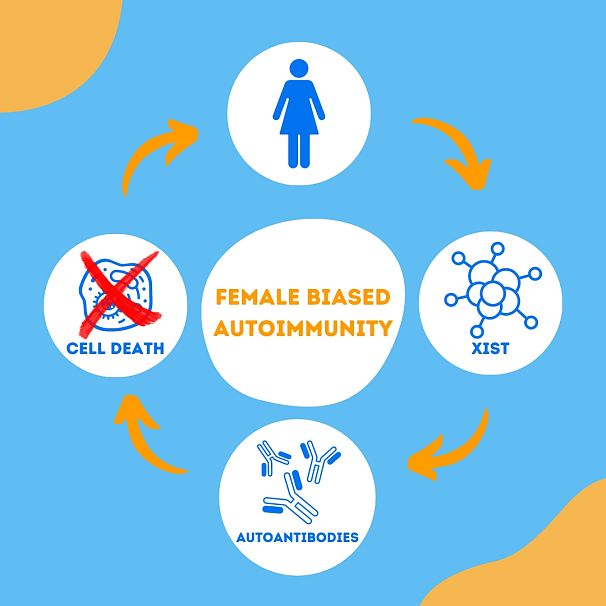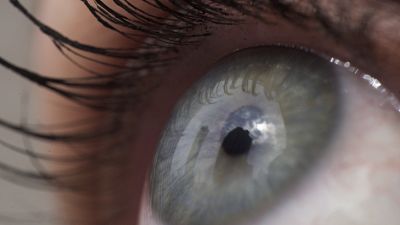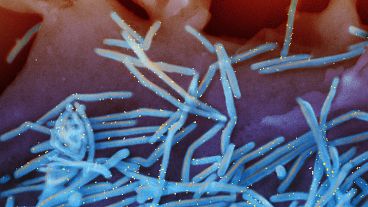Women account for a large majority of people with autoimmune diseases. Scientists have discovered a possible theory as to why.
Scientists have revealed an explanation for why more women suffer from autoimmune diseases compared to men.
Autoimmune diseases, such as lupus and rheumatoid arthritis, are conditions where the body's immune system attacks normal cells.
Around four out of every five patients with these diseases are female.
According to a new study led by researchers at Stanford University and published last Thursday in the journal Cell, it may have to do with women’s two X chromosomes.
In mammals, biological sex is determined by chromosomes, with females having two X chromosomes and males having one X and one Y chromosome.
Chromosomes are "thread-like structures" made of DNA, according to the National Human Genome Research Institute. They carry essential information.
With two X chromosomes, however, there’s a risk of overproducing proteins.
A molecule called Xist plays a crucial role by inactivating one of the X chromosomes in women’s cells, preventing this overproduction.
However, the researchers discovered that Xist also produces odd molecular combinations that can trigger an autoimmune response.
The scientists looked at how Xist would work in male lab mice, by inserting a modified Xist gene that would not silence the male mouse’s X chromosome. They tested this in mice strains that were both susceptible to autoimmune symptoms and not.
When they triggered the mice with an irritant known to produce a lupus-like condition, the susceptible mice developed autoimmunity at a rate similar to females.
The study suggests that Xist in addition to genetics plays a role in causing autoimmunity.
Researchers hope that this study could help future detection of autoimmune conditions and lead to better treatments.




